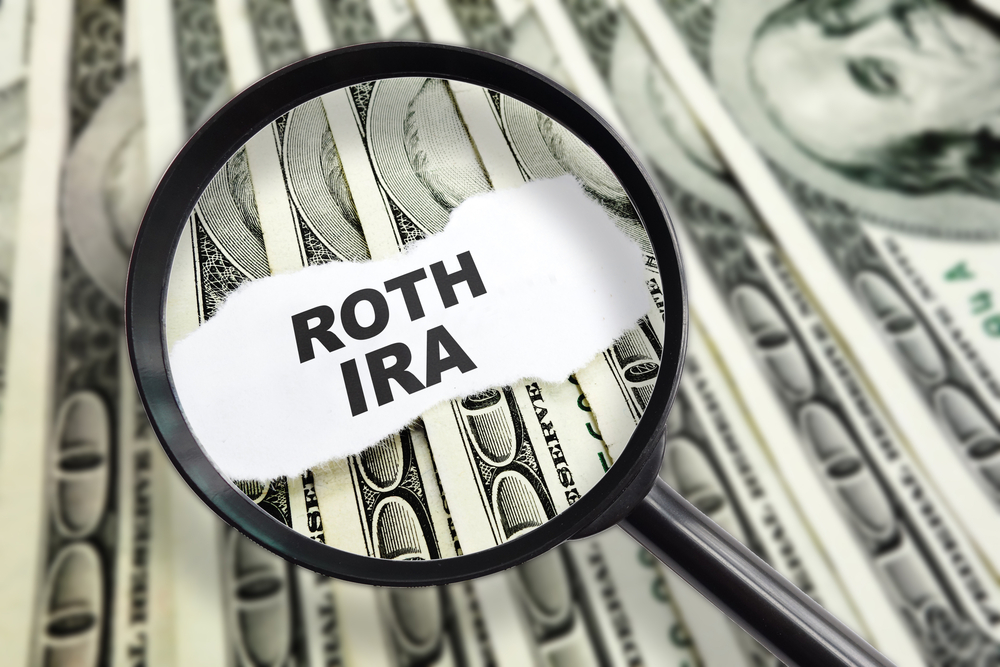12. Consider Converting Traditional 401(k)s and IRAs to Roth Accounts
We mentioned earlier how taxes are difficult to dodge, especially during retirement. That’s why converting traditional IRAs and 401(k)s could come in handy as you don’t want to pay up any extra dollars. Additionally, once you’ve exited the workforce, you don’t want your savings to be cut down as it’s very unlikely you’ll be able to gain more money.
While saving money with the help of 401(k)s and IRAs is great, once you turn 70 ½ things can change. That’s when you’ll have to make Required Minimum Distributions which will be considered taxable income- enter taxes. These taxes will be applied to your Social Security depending on various factors.
Let’s say you’re a single filer and your adjusted gross income is between $25,000 and $34,000. You’ll have to pay income tax on 50% of your Social Security. Above the $34,000 mark, you’ll pay 85%.
If you’re married, filing jointly and your adjusted gross income is between $32,000 to $44,000 then, once more, you’ll pay income tax on 50% of your Social Security. That figure will go up to 85% for anything above $44,000.
However, you can avoid all of this by converting your funds to a Roth IRA as long as you keep the funds in the account for at least 5 years and you withdraw the money once you turn 59 ½. Keep in mind that the converted funds will be considered taxable income in the year converted, so timing is key.
Consulting with a financial adviser will give you a better idea of how to go about this process, so we highly recommend reaching out to someone that can help you out.










Leave a Reply